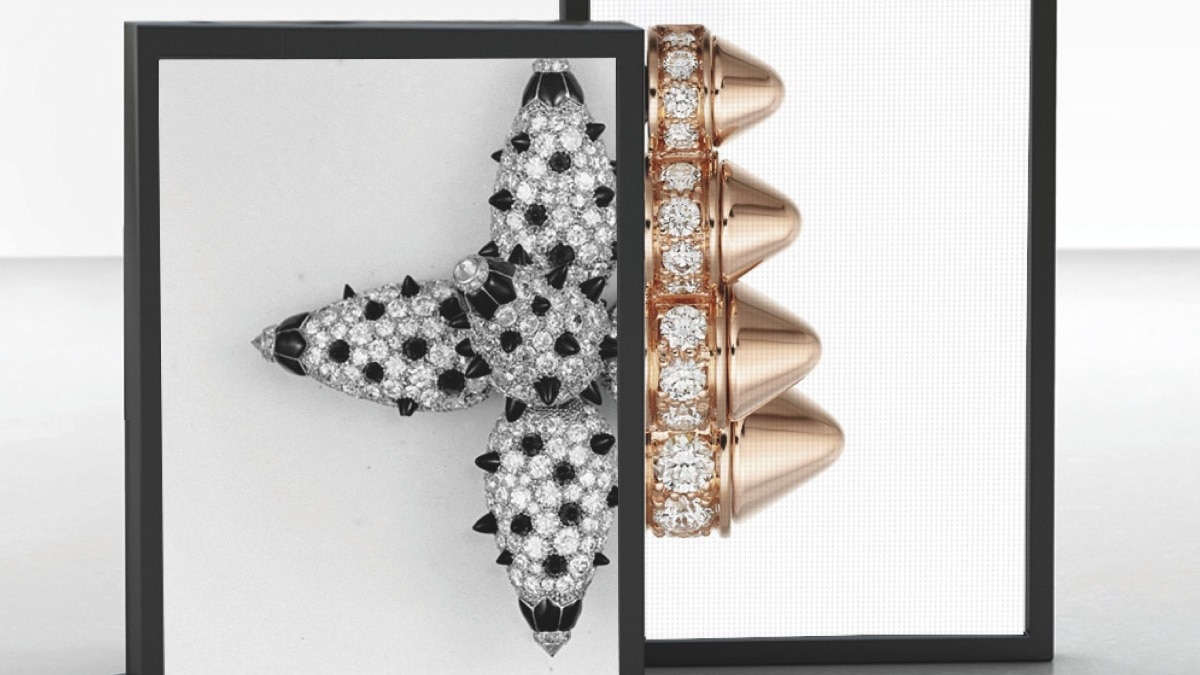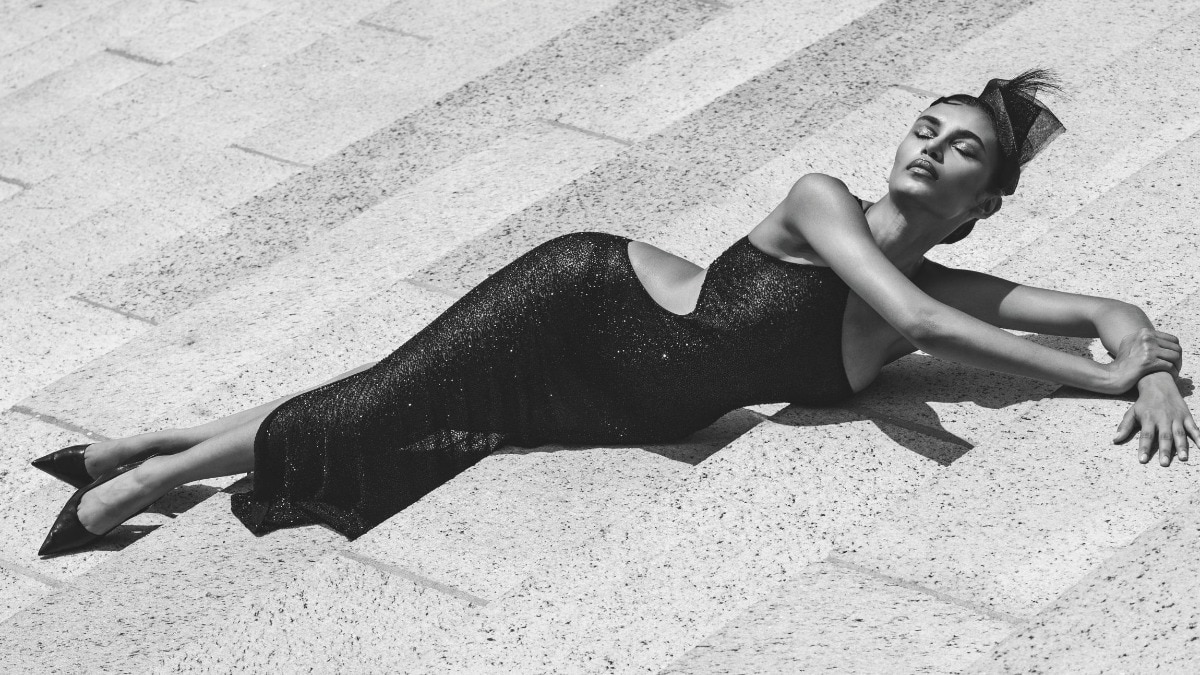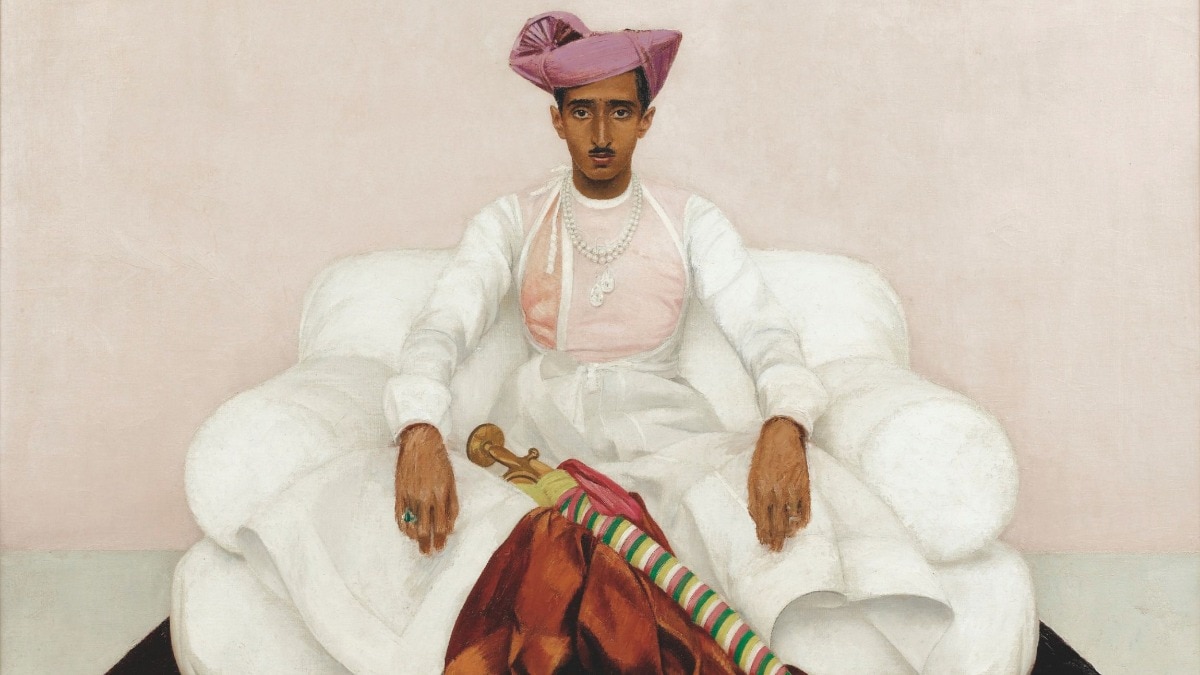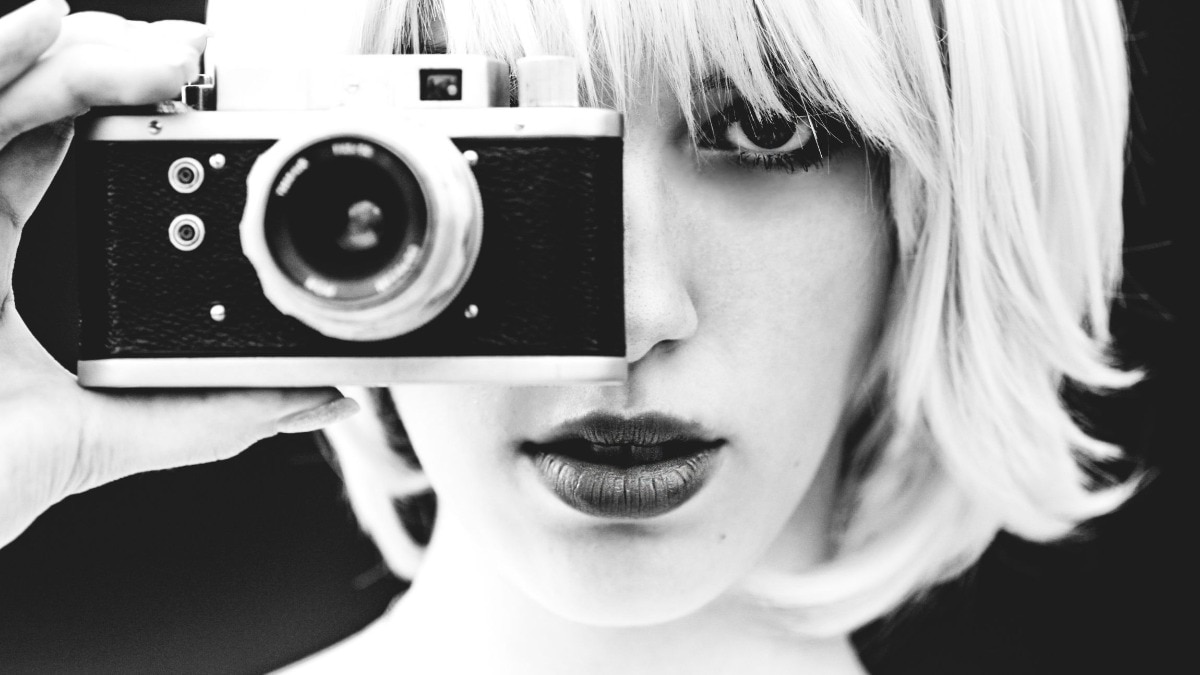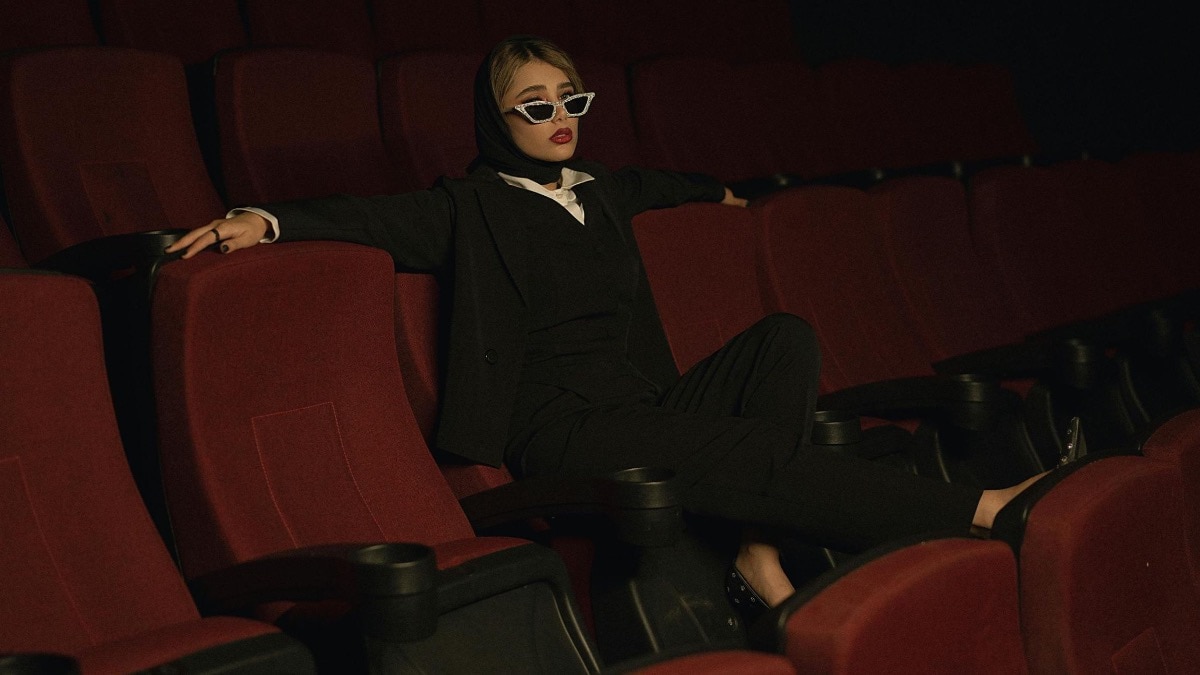
Five home-grown designer brands that have mastered the art of upcycling
Giving fashion a (second) chance.


'Reduce, reuse, and recycle' has been a go-to motto in the fashion world that has led to brands recycling used clothes and accessories to revolutionise the industry. Add to that, the younger generation of consumer are more aware of the environmental impact that their purchasing decisions have. The world, thus, is witnessing a new trend—Upcycling. It involves recovery of materials of any kind—fabrics or garments—from inventories and stocks to create a product of higher quality or value than the original.
Bazaar India shines the spotlight on five brands that have made a name for themselves in the fashion industry by upcycling.
PÉRO—ANEETH ARORA

The brainchild of designer Aneeth Arora, Delhi-based label, Péro is committed to creating art in the form of garments with utmost love and passion—the show they put up at the Lakmé Fashion Week x FDCI is a great example. Péro—synonymous with handmade, vivacious and high-spirited clothing—has embraced the concept of sustainability in its overall functioning. “I started Péro with a conscious decision that we will make our own fabrics, which is where the entire philosophy of handmade luxury and handmade couture started,” shares Aneeth, adding, “We put in so much effort in making the textile, and it’s the same effort that we put in crafting our pieces as well.”
The idea of upcycling has now become a pivotal part of Péro’s journey. “People would usually come back to us with their pieces—even when there’s wear and tear, we’d be happy to repair it for them. That is how we started upcycling; we mend our own pieces with love and give it back to the consumer,” she says. Each season, the brand introduces a unique upcycled piece to their collection, one that keeps both technique and textile at the forefront. Even the fabric scraps are repurposed through recycling. This dedication is extended to their new home line as well, with quilts being the hero of the product range. Aneeth concludes, “In a way, we create heirloom pieces as they are not restricted to a particular season.”
RKIVE CITY—RITWIK KHANNA

New Delhi-based designer Ritwik Khanna launched his brand Rkive City in 2022. The brand specialises in denim due to its universal appeal. “It (denim) is like a simple language that everybody speaks. And because our entire motive was to promote post-consumer textile, it was the easiest conversation starter,” shares Ritwik, who was introduced to the world of textiles from when he was young. While Rkive City is often associated with denim upcycling, it is also committed to introducing the concept of circularity and repurposing other materials across silhouettes. “We have an IP called ‘Repair’: the consumer can bring in their old pair of pants, denims, and more—which otherwise would have been discarded. And we repurpose them into a new garment, a bag, etc.,” he explains.

“We have a vision board called ‘Rkive City 2050’, which is essentially about how we wish to include circular systems into our research and design to further allow people to not just buy from us but also return their old goods to us to be created again. We have an atelier right behind the store (in Delhi’s Dhan Mill Compound) where people can bring their old/to-be-discarded pieces once a week,” he says. Ritwik believes in collaboration for the upliftment of communities. “We are collaborating with the Princess Diya Kumari Foundation in Rajasthan to help upskill women in embroidery, block printing, stitching, and sewing. We have joined forces to empower women, offer employment opportunities to them, and aid in refining their textile waste management practices,” he signs off.
BACK ALLEY BODEGA—ANKIT DUGGAL

“Sustainability in fashion does not need reinvention, it needs adoption,” says Ankit Duggal—a musician-turned-designer, and the founder of Back Alley Bodega, a Goa-based brand that recognises street culture’s impact on fashion and embraces the raw, rebellious spirit of alternative culture. “I want the brand to quite literally be a ‘Back Alley Bodega’—a place where you can find something unique. We want our clothes to be a part of how you express yourself to the world, representing all the elements of your personality that make you, ‘you’.” The brand effortlessly blends traditional Indian weaving techniques such as ikat with contemporary silhouettes like hoodies, capes, and pants, paying homage to the country’s rich cultural heritage. For Ankit, upcycling is a crucial component to the entire process. “While we source fabric for our more classic, single-tone garments from high quality export surplus, we reuse our printed fabrics as much as possible. If something doesn’t sell as much as we expect, we find ways to use the same fabric as a new garment in the next season,” he explains.

Technology plays a pivotal role in his journey. “I didn’t go to design school, so a lot of what I know about designing and making clothes, I learnt online. Technology helps me design new pieces, plan shoots, and even set up my website and inventory for every new collection,” he says. Ankit believes in forging partnerships that leave a positive imprint on the community. The brand recently collaborated with Skate Life Goa (a community of skateboarders who regularly work to promote skateboarding in Goa) for their new collection called ‘Artful Rebellion’. “Currently, I am working on a new collection for women. We also have exciting collaborations with musicians, artists, and skateboarders from across the country; will be on tour for pop-ups; and exploring the possibility of setting up more retail spaces outside of Goa,” he concludes.
NO GREY AREA—ARNAV MALHOTRA

How do consumers respond to upcycled fashion? “The younger generation, in particular, is driving this change with their increasing concern for the environment and their desire to make ethical fashion choices. The future holds promise for the expansion of sustainable fashion as consumers become more conscious of the planet and their choices,” shares Arnav Malhotra, founder of No Grey Area—a brand that emerged from a desire to redefine Indian clothing. It symbolises the modern Indian generation with fluid sartorial identities, the complexities that come with it, and above all a significant step towards a sustainable future. “The Indian market can be testing because many consumers may not be willing to pay the premium price associated with it. However, as awareness continues to grow and more sustainable options become available at various price points, we will see an increase in demand for sustainable clothing options in India and other regions,” says Arnav.

The Chennai-based brand embodies the ethos of zero waste. “We introduced a bomber jacket in our recent collection, ‘Ether’—it is crafted from the scraps from our first collection; we’d taken various prints from those scraps and woven them together into a single fabric, which was then expertly stitched to create the final piece,” he explains.
In pursuit of a circular fashion economy, and taking it beyond just being a buzzword, Arnav and his team are prioritising eco-consciousness across the lifecycle of their products. From avoiding synthetic fabrics to reducing carbon footprint and repurposing fabric remnants, the goal is to witness a shift by leading the way. Providing sound advice to budding designers in this space, Arnav shares, “For anyone looking to start their own sustainable fashion label, my main advice would be to not just talk the talk but walk the walk. Keep learning and questioning because fashion is always changing.”
K ARDO—RIKKI KHER

“The first show I did in New York was in 2014. Buyers loved the collection, thought it was made in Japan, and when I said it was from India, they walked away,” says Rikki Kher, describing his most memorable moment while building his menswear label Kardo. “Our inspirations are the artisanal textiles and crafts of India. Our mission is to celebrate Indian textile craft by creating unique and original menswear. The aim is to work with artisanal communities that create a circular economy in their own region,” he shares, adding that it is important for the brand to have a low environmental impact. In the world of fashion, where trends change with seasons, Rikki focuses on timeless craftsmanship, and ensures that the talents of the artisans are appreciated and the community is supported. “If you take a sample from an artisan, you have to give them the bulk order, not try and source it cheaper from somewhere else. You have to pay artisans a fair price and on time. They are not selling something in a bazaar! These are craftspeople with unique skills. They should be compensated properly. If you support the artisans, they will support you back,” he says. Kardo also uses the technique of upcycling in their collections.

“We upcycle all our textile waste in some form (for example, we use it as patchwork). We also collaborate and work on a number of textiles with Paiwand Studio—a Noida-based company that specialises in upcycling textile waste into handloom fabrics.—each season,” says Rikki. The brand has also collaborated with BioDye, Maharashtra, for natural dyeing of all yarn and fabric. Rooted in the rich textile tradition—the brand’s Gond hand-painted jackets on handloom denim were standout pieces from their A/W23 collection—technology is also important to Rikki’s label, “Technology helps us manage our growth and improves our efficiency for everything from our e-commerce website to our online digital wholesale showroom and our integrated back-end production platform,” he says.


